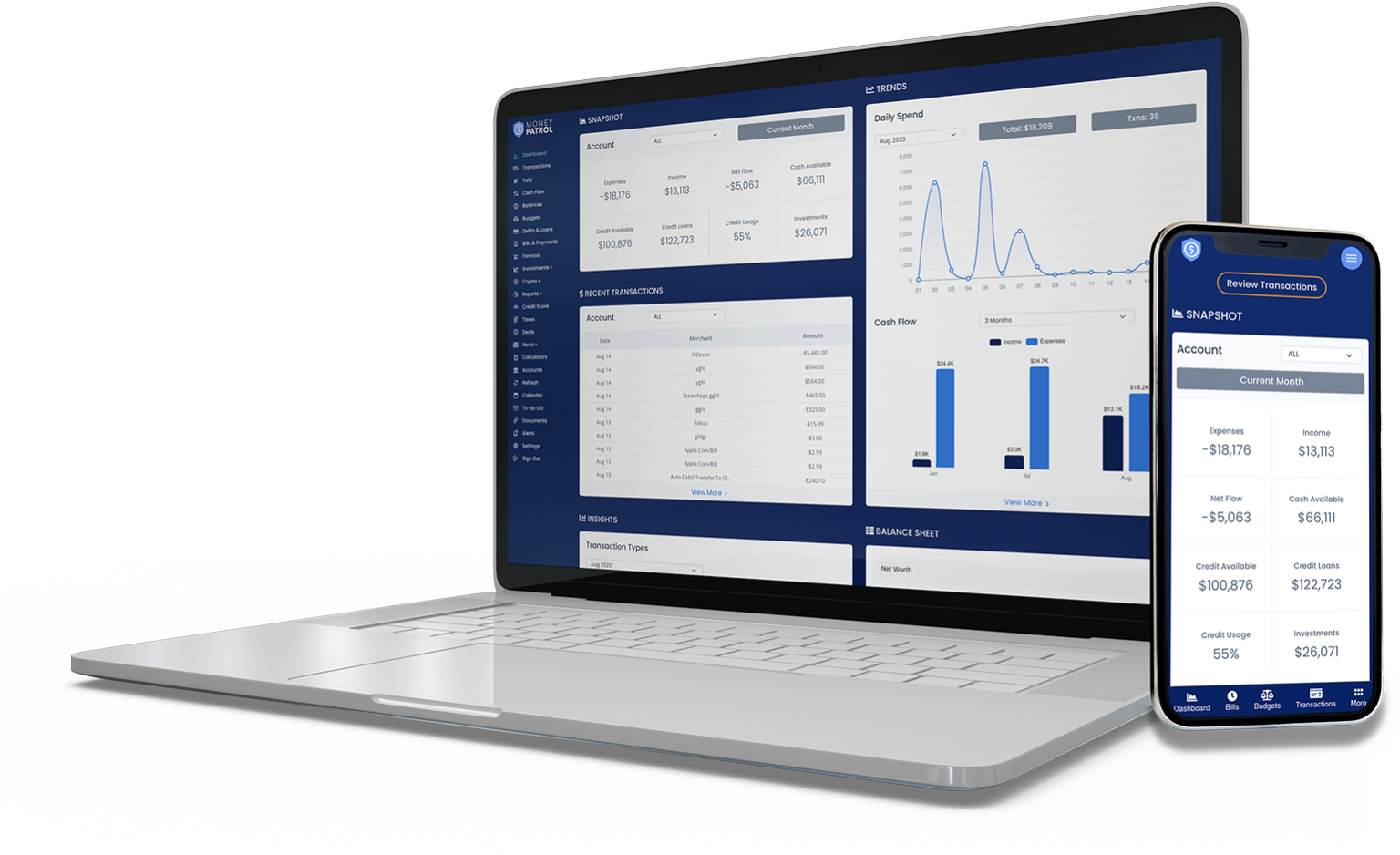Pandemic so far has made a significant effect on personal finances. The world economy is in shambles due to the Coronavirus, leaving many people concerned about their jobs and finances. It’s difficult to make rational decisions about the best way to manage money during these turbulent times, with financial anxiety high. However, avoiding money mistakes and making wise financial decisions is essential to secure your financial future.
As the United States economy begins to recover and relaunch, many consumers still struggle to regain their increasing amount of money. While the conventional wisdom is to save six to twelve months’ worth of living expenses, many people found that impossible during the COVID-19 pandemic. Millions worldwide lost their jobs, small firms were forced to close, and day-to-day living expenses piled up. The stimulus checks were helpful but not always sufficient.
- So far, the COVID-19 pandemic has claimed approximately 550,000 lives in the United States.
- The sad reality is that many people have unexpectedly lost loved ones.
- If you feel stuck, you should consider updating your estate plan, including your will and recipients on life insurance, bank accounts, and retirement funds.
- Nobody knows when the global epidemic will end or what life will be like afterward.
However, it is not too early to anticipate that day and plan your finances for whatever comes next. There’s some good news on the way. The U.S. economy is slowly reemerging as more Americans get vaccinated, and infection rates fall. Businesses are reopening, and hiring is on the rise, which should alleviate some of the financial stress felt by many.
- The personal savings rate, which reflects the ratio of the total personal savings minus disposable income, jumped to 26.6 percent in March 2021.
- While savings are rising, this figure also suggests a short-term slowdown in consumer expenditure as people save more money.
- The savings rate was last this high in April 2020, when it reached 33%.
While it has gradually decreased over the previous year, it has remained above 12%, compared to pre-pandemic levels of less than 10%.
As per a Charles Schwab survey, the pandemic has impacted the finances of 53% of Americans. According to The Balance, nearly half of Americans have less than $250 left each month within a week of expenses, and 12% have nothing left. Debt is also weighing on people’s minds, with 29 percent reporting that their credit card debt has increased due to the pandemic.
- The COVID-19 pandemic is not yet over, but the end may be near with vaccines being distributed across the country.
While it is not the time to relax public health measures such as social distancing and mask-wearing, it is an excellent time to begin planning financially.
Table of Content:
Has the pandemic led to Substantial Changes in Personal Finances?
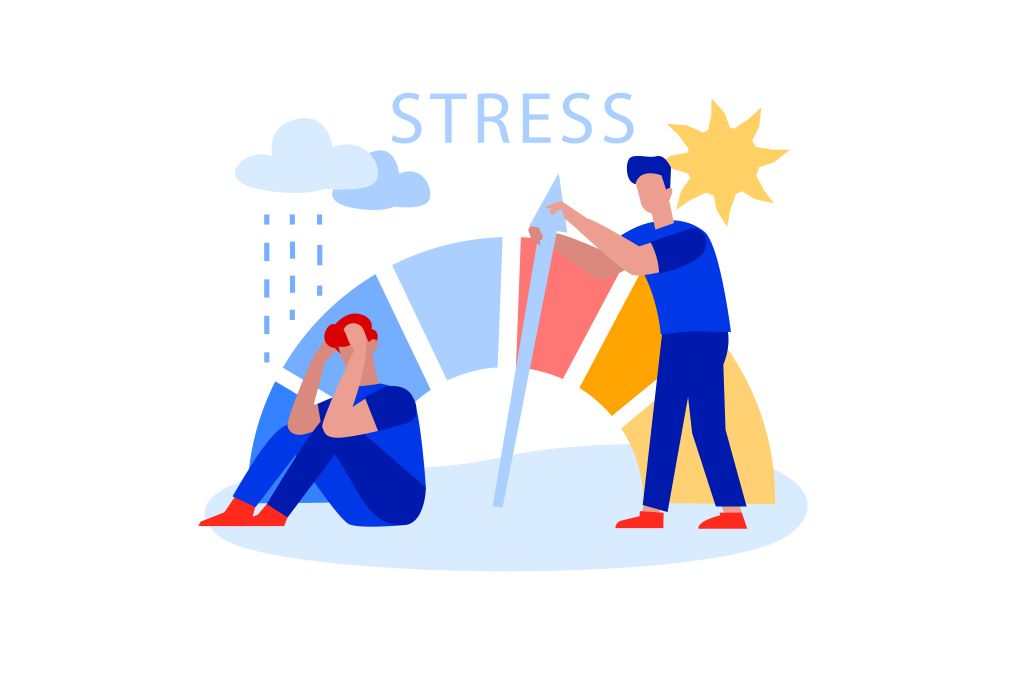
The economic repercussions from COVID-19 continue to affect specific population segments disproportionately. Lower-income adults, Hispanic and Asian Americans, and adults under 30 are most likely to report that they or someone in their household has lost a job. Lower-income and Black adults are more likely than others to have taken on debt or delayed paying bills to make up for lost wages or salary.
- If you have money in a traditional 401(k) or IRA, converting as much as you can to Roth accounts may be wise.
- Money transferred to a Roth account can grow tax-free and be forced to withdraw tax-free in retirement.
- Cash left in a traditional narrative will be forfeited.
- The disadvantage of a conversion is that the converted amount must be subject to regular income taxes.
However, because you’ll have to pay taxes on the money at some point, Hammer suggests that this is an excellent year to do so. “Taxes are probably at their lowest point in a long time,” he says.
- The Tax Cuts and Jobs Act of 2017 enacted tax cuts that will sunset – that is, expire – in 2025, and some high-income earners may see their tax rates increase before then.
It has been well over a year since the pandemic began. Still, the current situation appears to be a cruel reenactment of all the suffering the world will endure due to Covid -19.
As a result of the situation, many cities in India are presently under lockdown or curfew. However, we can control every aspect of the current situation. We can take steps to reduce its impact on our lives, one of which is proper financial management. As a result, we’ve put together a guide on managing your finances effectively in the current situation.
6 Personal Finance Lessons from the Pandemic
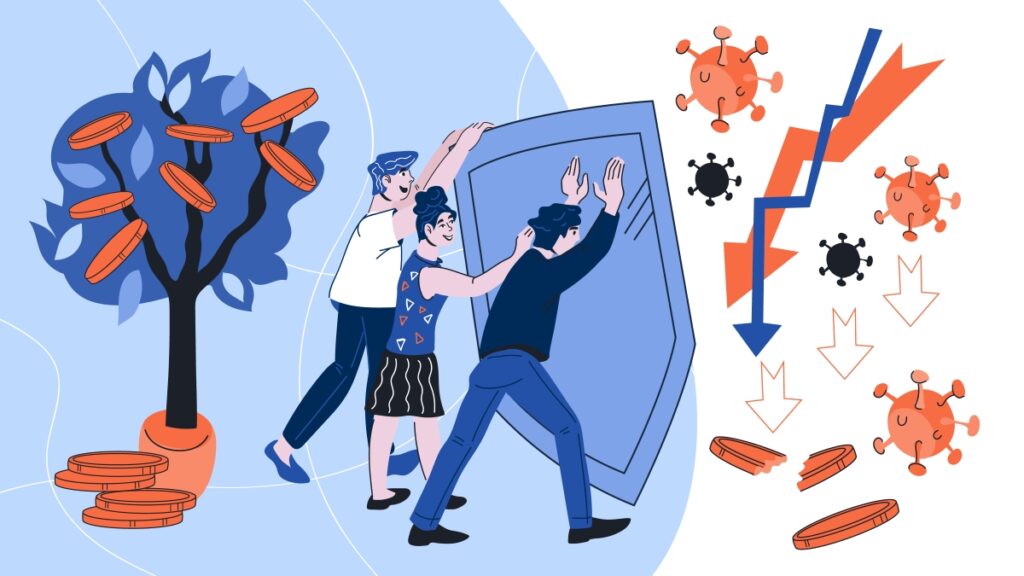
The economic fallout from COVID-19 continues to affect specific population segments disproportionately. Lower-income adults, Hispanic and Asian Americans, and adults under 30 are most likely to report that they or someone in their household has lost a job.
Lower-income and Black adults are more likely than others to have taken on debt or delayed paying bills to make up for lost wages or salary. While it is not the time to relax health policies such as social distancing and mask-wearing, it is an excellent time to plan financially.
The virus has killed approximately one in every 500 Americans. According to the New York Times, the average American has 600 acquaintances, so the vast majority of us know someone who has died due to the pandemic. You can consider yourself incredibly lucky if no one in your relatives or circle of friends has died due to COVID-19 two and a half years into the pandemic.
- Individuals who work for companies heavily involved in international trade have felt the most direct impact, with a loss of bonus.
- And another incentive pay is frequently followed by layoffs and, in some cases, temporary or permanent job loss.
Workers with medical concerns, or those who have children with such circumstances, have found it more challenging to return to work. As the Delta Variant of the Coronavirus continues to overcrowd many hospitals’ intensive care units with largely unvaccinated patients.
Even if the government, business, and social panic levels are subsiding, you will continue to experience financial interruptions in your day-to-day spending options.
1. Understand Where You Stand Today
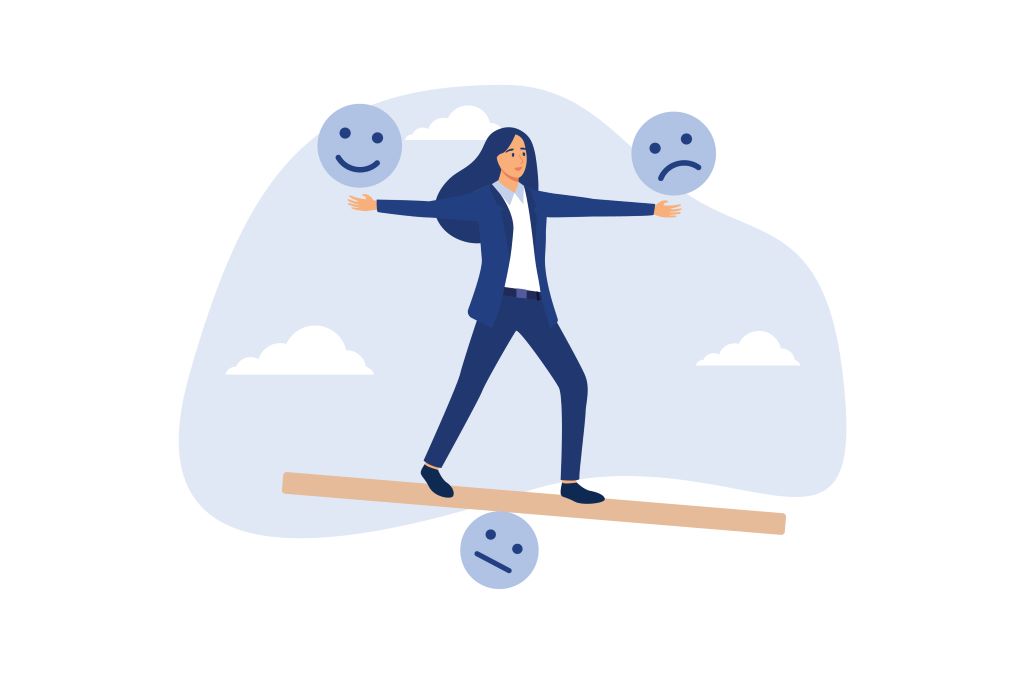
Analyzing and checking your finances is essential, especially in such difficult times. Our everyday lives have been tremendously impacted. It has also affected our ability to see how we spend and save money. You should now go through your accounts and calculate your savings and the debts you owe.
- Doing this will let you know if you should allot more toward savings or if you need to control spending on useless categories like entertainment and memberships.
- Use technology to manage your accounts and track your spending.
- Apps can collect all of your accounts in one place and categorize spending for you.
- Then you can adjust your budget accordingly.
Keep too much of your money in low-interest savings accounts. You may find it difficult to let go of financial fears triggered by the pandemic. Just as seniors who grew up during the Great Depression may have hidden their savings under the mattress. On the other hand, it may deprive you of the opportunities for long-term growth that investments can provide.
- It’s OK to continue saving money; just make sure to diversify it.
Suppose you have enough money to cover your expenses. If your debt is under control and you have a sufficient emergency fund, redirect any extra funds to long-term investments. These can include your retirement account, a college fund for your children, or stocks, bonds, and mutual funds.
2. Develop a Minimalistic Approach
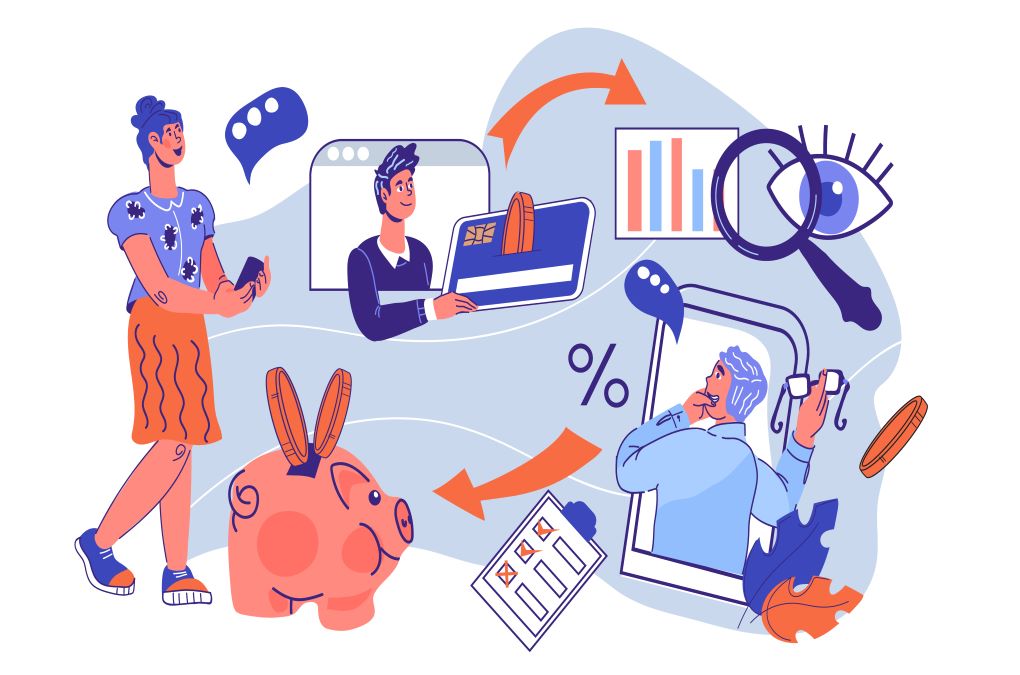
You must adjust even when you have less and recognize ways to save money. Following is a set of parameters you can work along with to start.
- Start by identifying the online payment services that offer the best rewards and use them on a priority basis.
- Try buying non-branded accessories and clothes to replace expensive brands.
- Restrict yourself from going to a salon for small things, as apart from a haircut, you can do most of these things at home. Or any other minimalistic activity or thing.
- Reduce the amount of time you use the air conditioner and fix the temperature to at least 24 degrees Celsius.
- Your body can quickly adapt to moderate temperatures; it will keep you from using electricity and paying unnecessarily.
- And avoid keeping electronics like A/Cs, Laptops, TVs, etc., out of standby mode, as this also increases your electrical bills every month. Change all bulbs to cost-saving CFL or LEDs.
Howsoever small these contributions look, they will add up to a lot and save money in the long run. At the same time, many people believe that using emergency savings funds is ideal for purchasing supplies in this type of situation.
It is important to remember that emergency funds are intended to be used in times of financial emergency. Unemployment and missed work due to emergency medical crises are examples of periods of no income.
Until either of those situations occurs in your household, it is always a good idea to remain calm and leave your emergency savings alone.
3. Evaluate Your Memberships
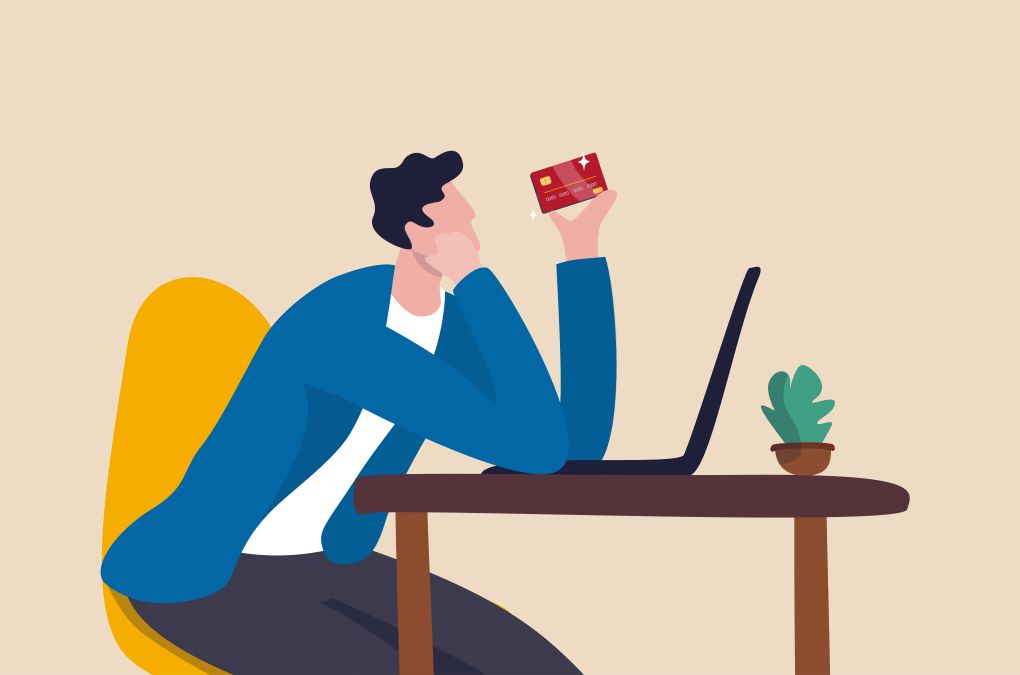
Give up social clubs or gym memberships if your attendance is less than 30% in a year. Also, suppose you haven’t used that paid software on your phone and laptop for more than six months. You must consider using the free alternatives available online or downgrading to the free versions.
- Consider what life will be like after the pandemic, including expenses such as commuting, eating out, and childcare that may have been put on hold.
- Then, create a budget that meets these requirements. Try to be as descriptive or minimalistic as per your needs.
- Make room in your budget for a few “splurges,” such as fine dining (inside a restaurant!) or a family vacation.
- Your spending habits most likely changed during the pandemic, and they will most likely change again once it is over. Analyze your periodic inlay and outlay trends.
A year at home may have instilled a spending habit. Perhaps you redecorated your house, developed a “retail therapy” habit, or became accustomed to having gourmet groceries delivered to your door.
As expenses such as commuting and childcare return to the picture, you’ll have to rein in these global epidemic splurges to balance your budget. Consider which small luxuries you can live without and which you would like to keep.
4. Ensure that You are Protected
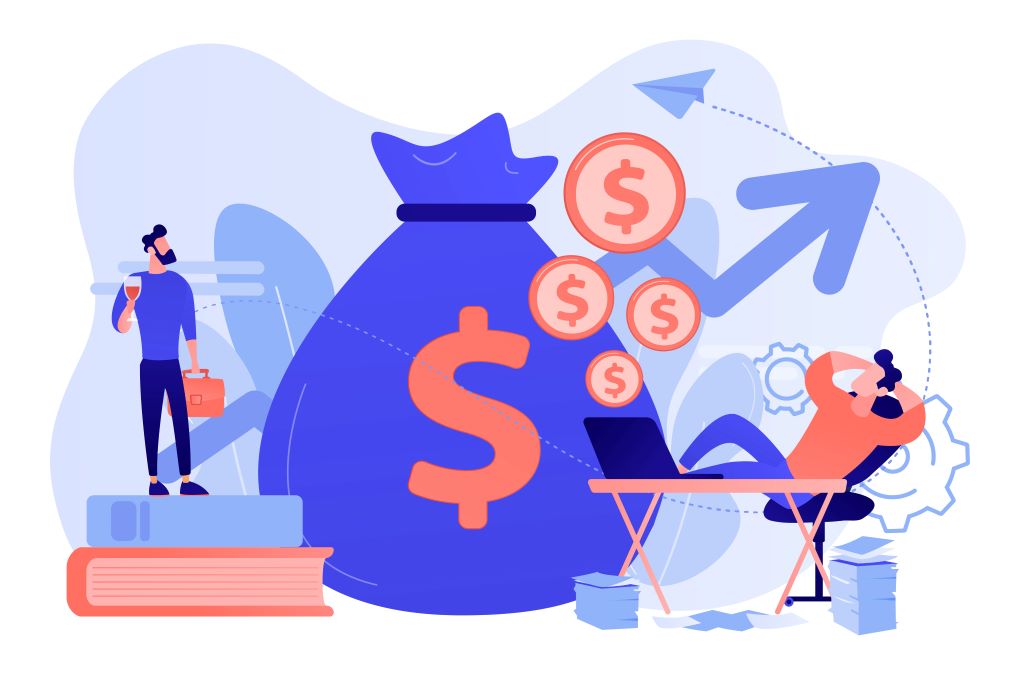
Globally, several people have succumbed to the deadly Covid-19 virus since the beginning of the pandemic. Hence, you must think about having life insurance. If you already have insurance coverage, you should understand it properly to be used during distress.
- Several insurance brands also allow you to restructure your current insurance coverage; try doing that if you are unhappy about your present structure.
- It will be best to have the disability insurance coverage that comes with losing personal income and unemployment due to layoffs. It’s important to have this form of insurance as many athletes, businessmen, and others have it for emergencies.
However, it is essential to analyze the policies carefully before purchasing them. Regardless of the current, past, or future health effects of COVID-19 on you or your family, the pandemic has had and will continue to impact household finances for years to come.
Creating a spending plan, prioritizing your spending, and efficiently using your resources is always critical to your financial stability.
Before continuing, please understand that this post on COVID and its financial impact on households is not meant to minimize the terrible loss of life. And the emotional toll and life-changing effects of losing a loved one due to COVID.
Early in the global epidemic, posters on social media would occasionally ask if anybody knew anyone who had died due to COVID-19 to imply that it was a non-crisis. Or, more blatantly, a made-up crisis.
5. Focus on Debt Management
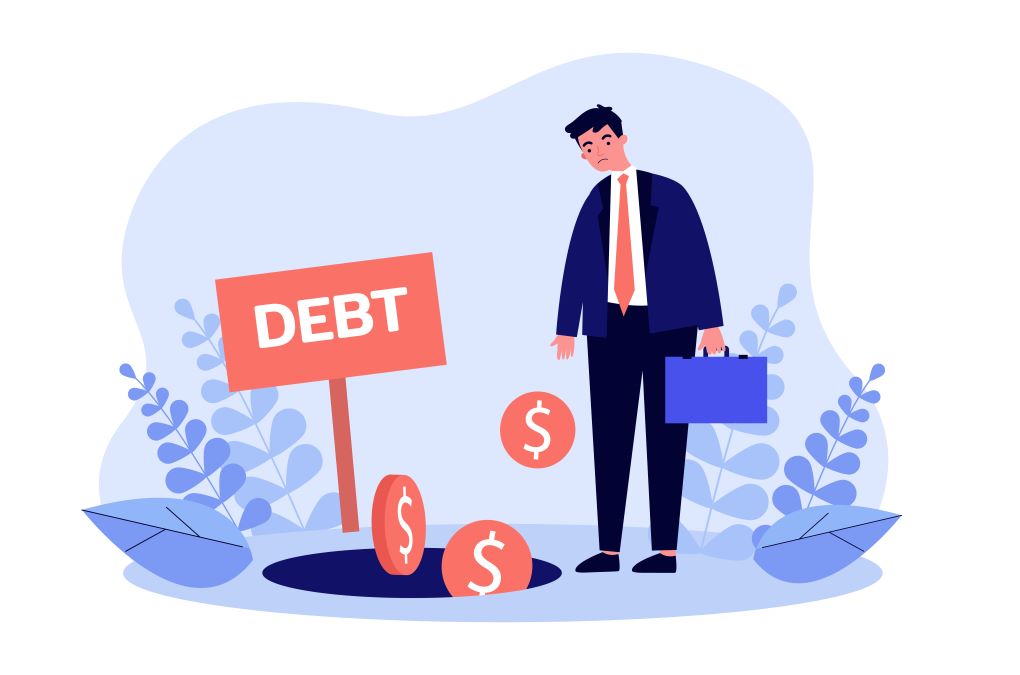
As we know, debts are dangerous to your financial and mental well-being. It captures your life and hangs on to it. Don’t be a prisoner to credit card debt, student loan debt, or mortgages. It would help if you contributed towards debt repayment each month and only survive with what you can sweep away at the end of each month.
You can begin by writing down all your debts, along with interest. After that, estimate when your debt can be fully paid off.
Transferring money into your savings or investment accounts every month eliminates the temptation to spend it instead. Set up automatic credit card and loan payments.
You won’t have to worry about missing a payment deadline (and possibly damaging your credit). Ensure that you have enough money in your account when transactions post.
Avoid being a victim of unethical activities that prey on your fears and the general panic. It was evident in a rush to clear toilet paper shelves.
But if you find an “opportunity” to buy such supplies online at exorbitant prices, do yourself and your bank account a favor and prepare to overreact. As seen on the news and social media, crazed runs on everything from hand sanitizer to toilet paper seemed like a good idea for many households at the time. Still, those who couldn’t afford to buy in bulk were left with few options. After all, how comfortable are most of your neighbors knocking on your door and asking for a favor?
6. Focus on Your Physical and Mental Health

Stress brings out the impulsive shopper in you. Nowadays, money is the most incredible emotional comfort for several people. Being tensed about spending too much or too little triggers spending binges. You must relax and go easy on yourself. In such uncertain times, you’re doing the best that you can.
In 2020, the markets went on a wild ride, with stock prices plummeting dramatically and then rising almost vertically. Try to think on the following walk through points to be on track:
Restrict checking your phone or watching the news about everything terrible happening around you. It will leave you angry and anxious. It will show a negative impact on your overall productivity. Try to achieve positive mentality.
Learn about something you like, keep yourself occupied and engaged with your hobbies. Focus on your physical and mental health, which is also obviously at risk here.
Stay home, wear the mask, rest, follow the rules and focus on staying healthy. Try to engage in activities that will assist you in attaining peace..
As we return to normalcy, rebalance your portfolio to ensure it contains the appropriate mix of stocks, bonds, and other securities based on your objectives.
The virus has killed approximately one in every 500 Americans. According to the New York Times, the average American has 600 acquaintances, so the vast majority of us know someone who has died due to the pandemic. You can consider yourself incredibly lucky if no one in your relatives or circle of friends has died due to COVID-19 two and a half years into the pandemic.
- Individuals who work for companies heavily involved in international trade have felt the most direct impact, with a loss of bonus.
- And another incentive pay is frequently followed by layoffs and, in some cases, temporary or permanent job loss.
Workers with medical concerns, or those who have children with such circumstances, have found it more challenging to return to work. As the Delta Variant of the Coronavirus continues to overcrowd many hospitals’ intensive care units with largely unvaccinated patients.
Even if the government, business, and social panic levels are subsiding, you will continue to experience financial interruptions in your day-to-day spending options.
Conclusion
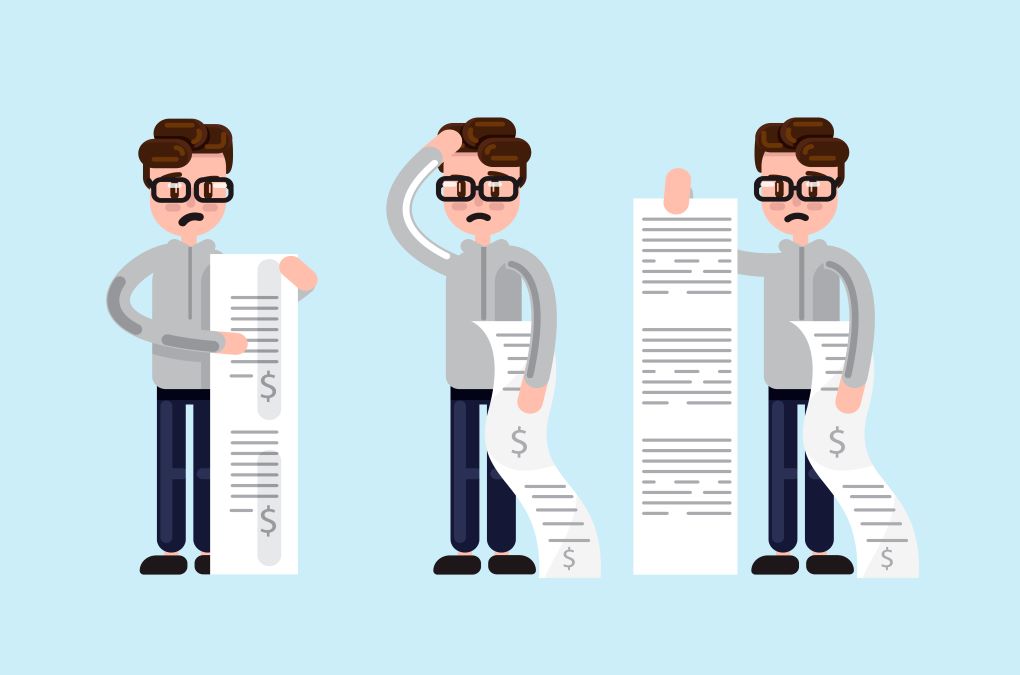
Times are challenging for everyone. The market conditions are volatile, and the economic situations are very unpredictable. The pandemic has affected millions of people professionally, personally, and financially. The corona crisis has made an entire generation of buy-now-pay-later suddenly think about saving for the future. We must begin by concentrating on what’s most vital in our lives and preserve it.
- Suppose you are young and unaware of anything. In that case, you should seek financial advice and help from older family members or experienced seniors at work who have significant experience in personal financial planning.
- These people can better guide those that are poor in managing their finances during this uncertain and challenging time. During any financial crisis, one must never forget that any penny saved is a penny earned.

Countries and companies are dealing with severe economic consequences and the health risks of this global tragedy.
With companies closing down, unemployment rising, the economy going down, and so much market uncertainty, COVID-19 has undoubtedly brought the world to a major halt. Several people have seen drastic changes in their financial situations due to layoffs, salary cuts, unexpected medical expenses, etc. It is probably time to ascertain where you financially stand with so much improbability around. It is time to create a plan to manage your finances better when things get better and even during and after this pandemic.
The post-pandemic world will probably be one of the most difficult-yet-informative learning experiences in everyone’s lives.
free budgeting app best free budgeting app budgeting app best free budgeting apps budgeting app free money management app manage money app family budget app personal finance tracker track personal finances budgeting app for couples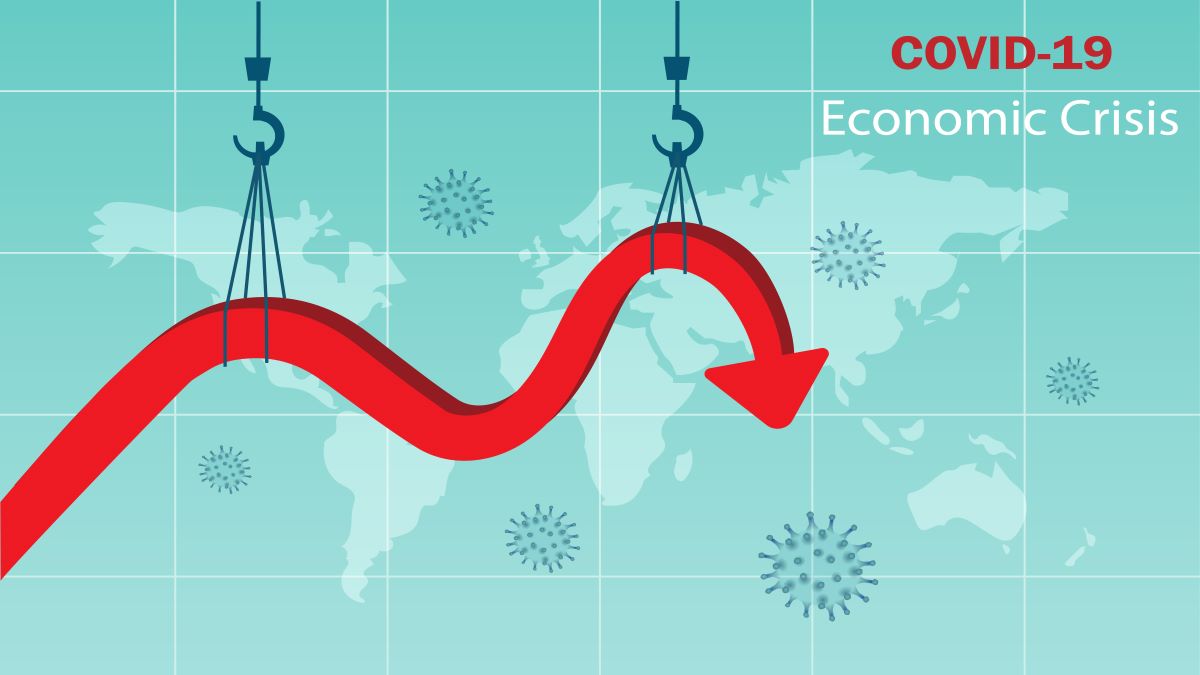
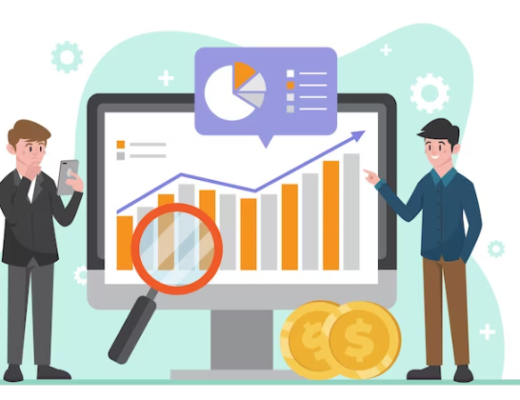
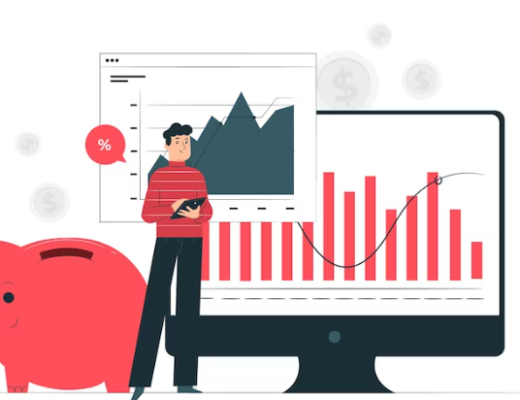
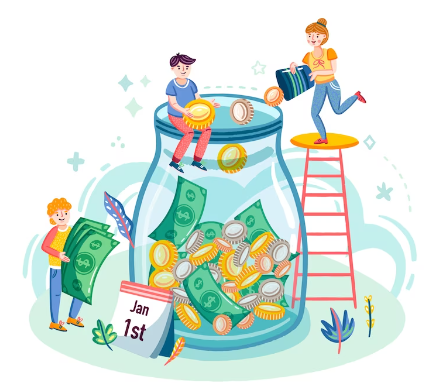
 Our users have reported an average of $5K+ positive impact on their personal finances
Our users have reported an average of $5K+ positive impact on their personal finances
